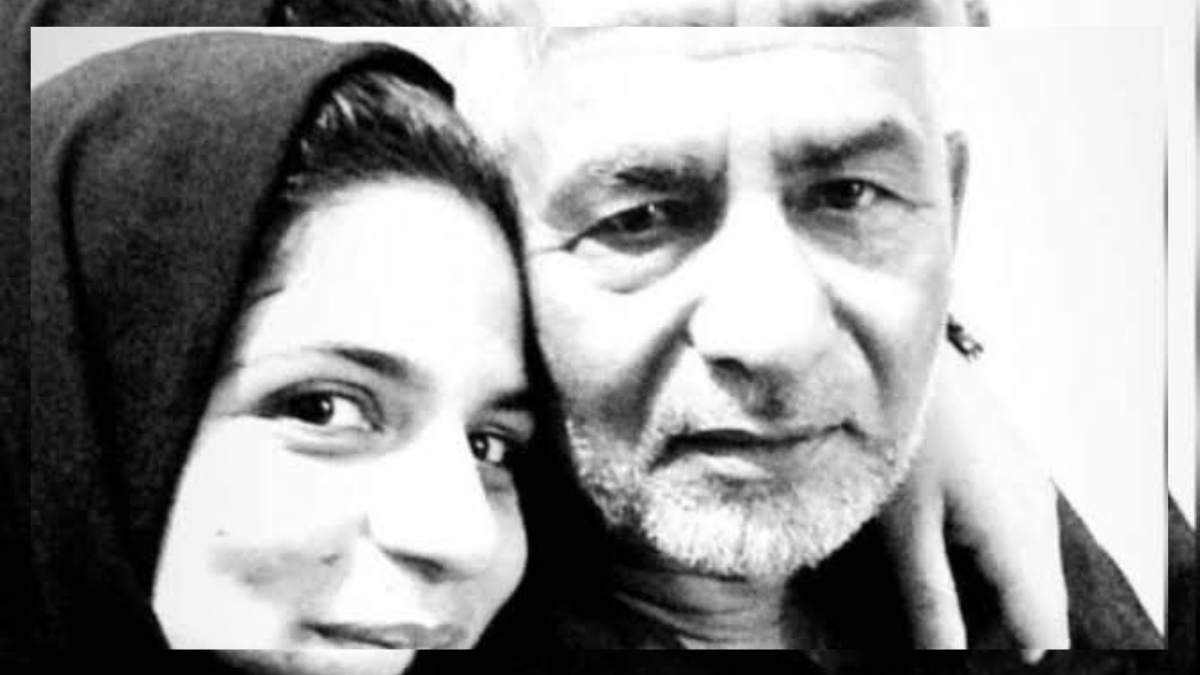Srinagar, Oct 03: The Mirwaiz Umar Farooq-led Hurriyat Conference on Monday expressed concern over the health condition of Altaf Shah, the jailed son-in-law of late separatist leader Syed Ali Shah Geelani, and appealed to the Centre to release him on humanitarian grounds, news agency PTI reported.
Shah along with six others was arrested in 2017 in connection with a terror funding case. He is presently admitted in the ICU of Ram Manohar Lohia Hospital, Delhi.
“As per the tweets of his daughter Ms Ruwa Shah, he has been diagnosed with renal cancer that had metastasized and spread to other parts of his body, including his bones, requiring immediate medical attention,” the Hurriyat said.The Mirwaiz Umar Farooq-led Hurriyat Conference on Monday expressed concern over the health condition of Altaf Shah, the jailed son-in-law of late separatist leader Syed Ali Shah Geelani, and appealed to the Centre to release him on humanitarian grounds, news agency PTI reported.
The Mirwaiz Umar Farooq-led Hurriyat Conference on Monday expressed concern over the health condition of Altaf Shah, the jailed son-in-law of late separatist leader Syed Ali Shah Geelani, and appealed to the Centre to release him on humanitarian grounds, news agency PTI reported.
Shah along with six others was arrested in 2017 in connection with a terror funding case. He is presently admitted in the ICU of Ram Manohar Lohia Hospital, Delhi.
“As per the tweets of his daughter Ms Ruwa Shah, he has been diagnosed with renal cancer that had metastasized and spread to other parts of his body, including his bones, requiring immediate medical attention,” the Hurriyat said.
A statement from the separatist amalgam said it fervently appeals to the Government of India to ensure that he is granted immediate bail on humanitarian ground.
The Hurriyat claimed the political prisoners including Hurriyat leaders and activists lodged in various jails “have developed serious health problems due to long term incarceration.” (PTI)

